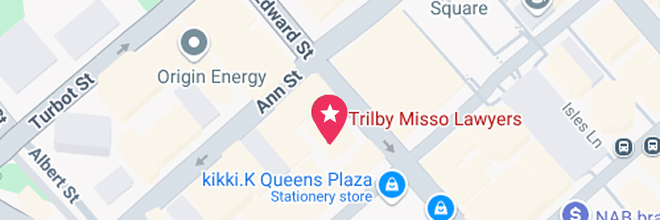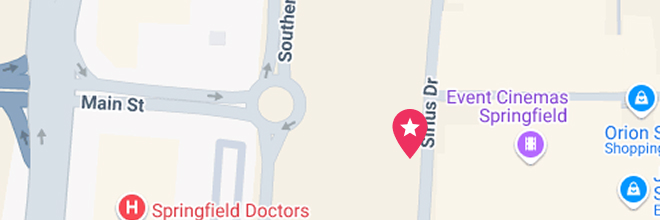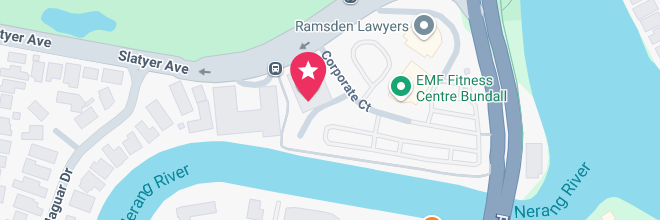Our Brisbane CBD Office
- Suite 400, Level 4/288 Edward St, Brisbane City QLD 4000
- (07) 3910 5470




When it comes to personal injury claims in Brisbane, one of the most important decisions you may face is whether to settle out of court or proceed to trial. This decision can significantly impact not only the timeline of your injury claim but also the stress levels, legal fees, and the outcome. Understanding the pros and cons of each option, and the process involved, is essential to making an informed choice, especially if you’re navigating the Queensland legal system for the first time.
Settlements vs. Trials: Understanding Your Options
A common misconception about personal injury claims in Queensland is that, once you decide to file a claim, you’ll be able to quickly present your case in front of a judge. While the idea of having a judge hear your side and deliver a fair verdict can be appealing, especially if you’ve been through a painful experience, going to court is not always the ideal or most practical option.
In Queensland, personal injury laws are structured to keep cases out of court whenever possible. This is because trials can be lengthy and costly, creating backlogs that delay resolutions for injured Queenslanders seeking compensation. For this reason, the legal system places significant emphasis on pre-court procedures designed to encourage settlement between the injured person and the liable party, often an insurance company.
Advantages of Settling Out of Court
Settling a personal injury claim out of court has several benefits, which is why most cases in Queensland reach a resolution through negotiation and settlement. Here are some key reasons why settling out of court can be advantageous:
Pre-Court Procedures for Personal Injury Claims in Queensland
In Queensland, the personal injury claims process is structured to facilitate out-of-court settlements. The pre-court procedures are mandatory and involve a series of steps aimed at encouraging both sides to come to an agreement. This process involves:
This structured pre-court procedure ensures that both parties understand the strengths and weaknesses of each side, which promotes a more balanced negotiation. Only if a fair settlement cannot be achieved during these pre-court steps will the case proceed to trial.
When Proceeding to Trial May Be Necessary
While most personal injury claims settle out of court, there are circumstances where going to trial may be the only option to achieve fair compensation. Some scenarios where a trial might be necessary include:
In these cases, proceeding to trial allows a judge to make a final decision based on the evidence presented by both sides. Although trials can be lengthy and involve more preparation, a judge’s ruling may yield the compensation you deserve if settlement negotiations fall short.
Preparing for a Personal Injury Trial in Queensland
If your injury claim does proceed to trial, your Brisbane injury lawyer will guide you through every step of the process. Here’s what you can expect if your case moves to court:
The emotional toll of going to trial in a personal injury claim
Giving evidence in your own personal injury trial can be an emotionally intense and nerve-wracking experience. Many individuals who find themselves in this position have never been to court before, so the process can feel unfamiliar and intimidating. If you are in a personal injury case, it’s important to understand that while the experience can be challenging, it is also a crucial part of the process in seeking the compensation you deserve.
One of the first things you will experience is the pressure of sitting in the witness box and facing the judge, the opposing lawyer, and other parties involved. You may feel exposed, as everything you say is being scrutinized and recorded. Your personal injury lawyer will be there to guide you, but the responsibility for providing a clear, truthful account of your injury and its impact on your life will fall on you.
The questioning process may make you feel vulnerable, particularly as the opposing lawyer will often try to challenge your version of events. You may feel discomfort or frustration when questioned about details of the accident or your injury, especially when you’re asked to recall painful or difficult experiences. However, it’s essential to remain calm, clear, and truthful when answering questions. Your lawyer will prepare you for these moments, but the reality of giving evidence can still be overwhelming.
Emotionally, giving evidence can bring up memories of the injury itself, the recovery process, and the impact on your daily life. Some people find it difficult to revisit these painful moments, but it’s important to remember that your testimony can significantly affect the outcome of your case.
Though the experience can be emotionally and mentally taxing, being well-prepared with the help of an experienced Brisbane personal injury lawyer will help you feel more confident. Your lawyer will ensure you understand the process, guide you through the questioning, and provide the support needed to navigate your testimony with dignity and strength. Remember, giving evidence is an opportunity for you to be heard and advocate for the compensation you deserve for your injuries and suffering.
Balancing Settlement vs. Trial: Making the Right Choice for Your Claim
While going to trial may result in a favourable judgment, it’s a more time-consuming and costly process. A skilled Brisbane injury lawyer will help you weigh the pros and cons of settling versus proceeding to court. Their goal is to secure fair compensation that covers medical expenses, lost wages, pain and suffering, and future care needs, and they’ll advise on the path that best aligns with your interests and the strength of your case.
One key consideration in a personal injury case is understanding how much compensation you will actually receive “in hand” after fees, expenses, and any other deductions. While the promise of a larger settlement at trial can be tempting, it doesn’t always translate to more money in your pocket. For example, even if a trial results in an award that is higher than an out of court settlement offer, the added legal costs could mean you end up with less in your hand. Legal fees, court costs, and the time spent on a trial can quickly add up, impacting the final amount you receive.
At Trilby Misso, we always emphasize the importance of understanding the true value of any settlement or award offer, breaking down what it means in practical terms after deductions. It’s wise to ask your lawyer to clarify how much you would take home from any proposed amount so that you can make an informed decision. This way, you avoid the situation of receiving only a marginally higher amount at trial that ultimately costs you significantly more in fees. A transparent discussion about “in-hand” amounts will empower you to choose the best path forward for your injury compensation claim, allowing you to weigh the value of a settlement against a trial.
Conclusion: How a Brisbane Injury Lawyer Can Guide You
Choosing between settlement and trial is a major decision in any personal injury claim. An experienced injury compensation lawyer in Brisbane can provide critical guidance throughout this process, advocating for your best interests at every stage. Their expertise in Queensland’s personal injury law, coupled with strategic negotiation skills, will support you in seeking a fair outcome, whether through settlement or, if necessary, through trial.
Read more about Legal procedures here.
Kathryn is Trilby Misso’s Chief Executive Officer.
Meet KathrynUse this simple online tool and find out if you have a claim in less than thirty seconds. You can choose to remain anonymous.
Your next step is a small one. All you need to do is give us a call on 07 3910 5470 or complete this form here to arrange a quick chat.
During this initial conversation, we will:

We understand that taking legal action can be stressful, and we’ll do all we can to ease your concerns.
The chat can take place at our place, your place, or by phone. There is no cost, no pressure, and no obligation.
Call 07 3910 5470 or fill out this form, and we’ll get back to you within 2 hours (during business hours). We look forward to meeting you.
enquire now